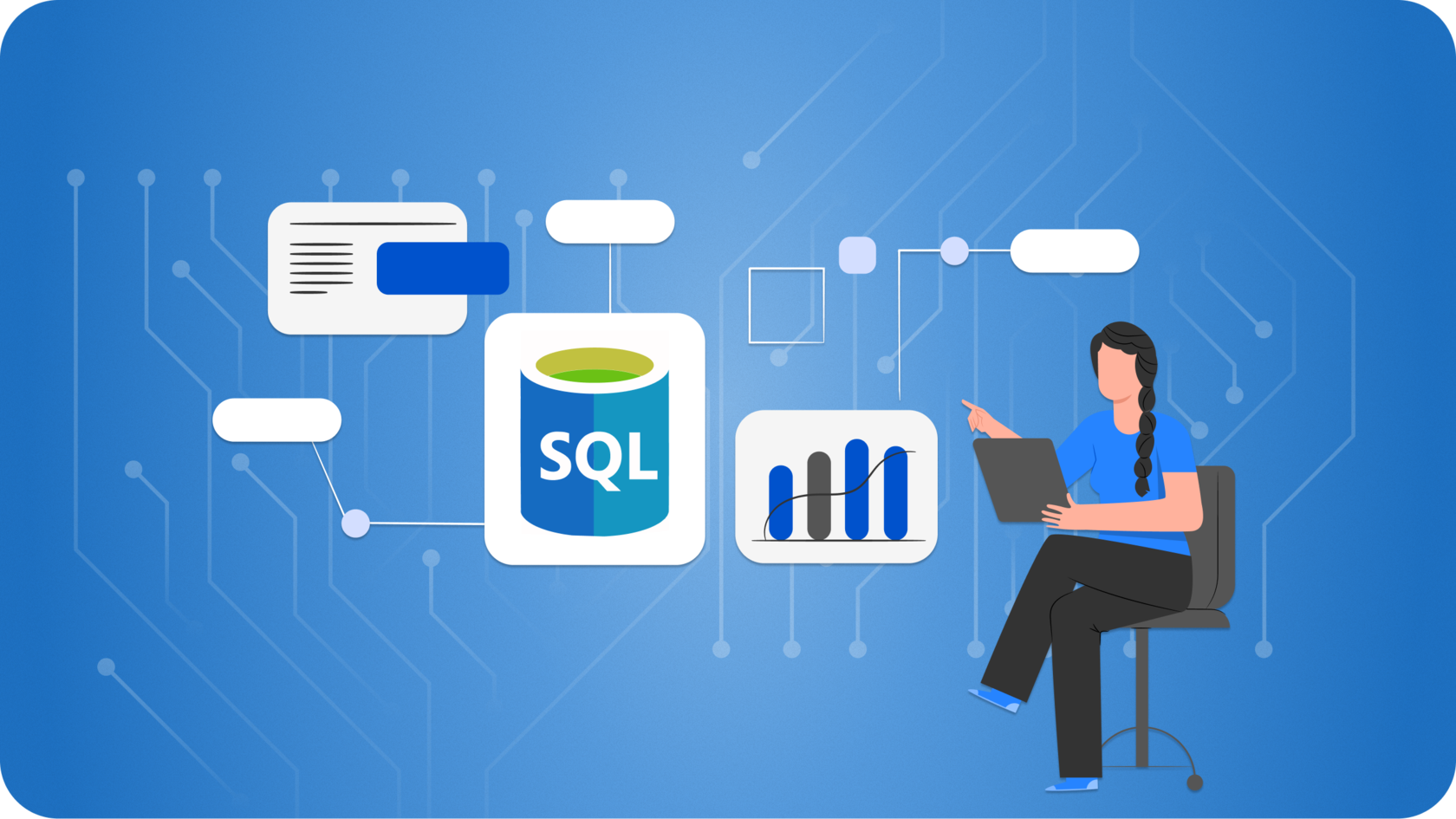For this reason, we have compiled this manual on payroll setup, complete with helpful advice from professional accountants, to ease the burden on business owners. Hire an expert Phoenix accountant to help determine what will work best for you.
The first step is to apply for an EIN.
Employer identification numbers are mandatory in the eyes of the IRS (EIN). An EIN, also known as an Employer Identification Number (EIN), is a nine-digit code that serves as a tax identifier for your company. Its primary function is to assist with federal income taxes, but it can also be used for other purposes, such as applying for a bank account, credit card, or loan, paying municipal taxes, or setting up a payroll system.
Fill out the SS-4 form if you need one for your company. Your company’s structure and contact details, among other things, will be detailed for the IRS in this document. To obtain an EIN, you can also fill out an online application on the IRS website.
Check the ID Requirements of Your State
There may be further necessities beyond EINs that are mandated by your state and city. Some states, such as Florida, don’t impose income taxes on residents. A business registration number is needed in states like New York. Visit this page on the IRS website to see if your state is included.
Use the Small Business Administration’s (SBA) resource on state tax IDs to research your state’s requirements and submit an application.
List All Employees and Independent Contractors
Workers must be classified as either employees or independent contractors before payroll can be set up.
An employee may spend all or a portion of their workweek at the workplace. The term “contractor” is commonly used to refer to an independent consultant or worker.
Payroll procedures are based on this information. It is crucial to accurately categorize your employees, as this will affect how you handle payroll and taxes.
Acquire Relevant Data
In order to set up payroll and handle taxes, you must first determine who is an employee and who is an independent contractor.
The specifics of the information you’ll need to depend on your jurisdiction and the nature of your employment, but in general, you’ll need to have access to:
- Initials
- Surname
- Contact information
- Deductions









